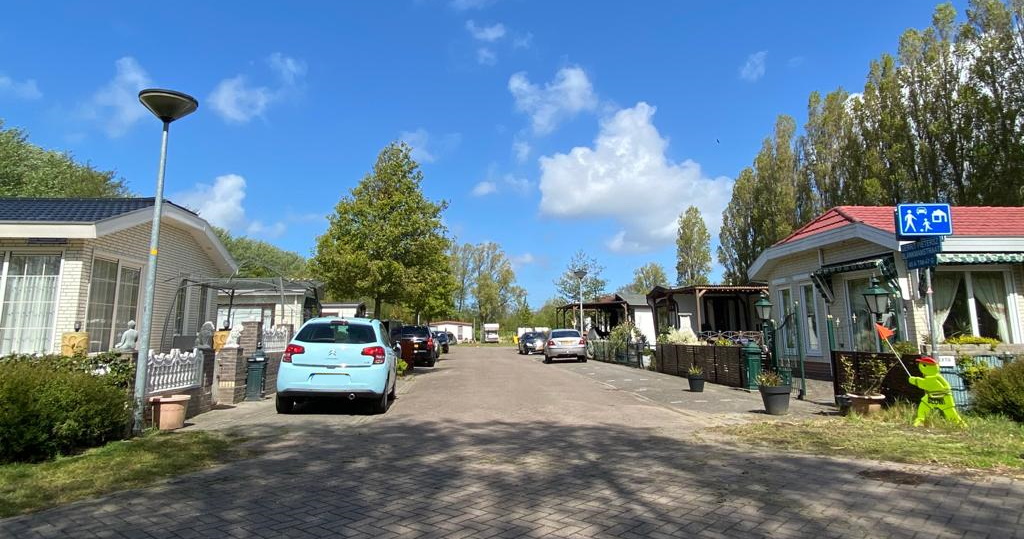Den Helder – The municipal executive regrets and does not agree with the judge’s decision regarding the difference of opinion between the municipality and the residents of the caravan center at GP Blankmanstraat. Now that the issue has been legally settled, the municipal executive wants to continue drawing up an appropriation policy, as residents will not yet have a binding advisory right.
Incorrectly reported
According to the judge, councilman Michael Waters misled the city council by saying that he was unaware of the fact that the previous council had made deals with the residents of the caravan. This gave them control over who could come and live with them at the center. In an information letter to the council dated October 7, the municipal executive stated that there was an “alleged obligation” and that the binding participation was not recorded in municipal reports. The court classifies this position of the municipality as “Obviously incorrect” and proceeds to conclude that “It appears that the municipal council was incorrectly informed.”.
According to the judge, there are already documents showing the promise. These reports are from 2005 and 2006. These are media meeting reports, and this is where the promise is made. According to the local council member, the description “alleged promise” was quite appropriate given the information situation at the time. “In addition, the evaluation of the information submitted to your council is not up to the court.”, according to a new media message to the council. The council also states that the documents on which the judge bases his ruling are not in the municipality’s possession.
A new policy is yet to come
Although the court ruled in favor of the caravan residents regarding the agreements reached earlier, this does not provide any guarantees for the future. The municipality is free to adopt a new policy on the arrangement of caravan site allocation. The council’s proposal, which was discussed in a council committee in September last year, would mean that the allocation would be based on family relationships with the current residents. When a place becomes available, first priority will be given to family members up to the third degree. Next, people who are economically or socially related to the caravan site are taken into consideration. Only as a last resort, interested parties who have no connection with the site have the opportunity to take over the site.
In this way there can be no doubt of arbitrariness, nor empty caravanserais remain, as the council believed. The court ruled that such an assignment policy could be a good practical solution to the allotment-related discussion. In addition, the residents of the caravan center have no objection to this. However, residents want to retain their veto, but this is not an option for the municipality. The council has now announced that it still considers this to be binding advice with regard to the allocation of stadiums, which does not fit the housing policy of the municipality of Den Helder. So it does not appear that the court’s decision has changed the opposing views of the council and residents of the caravan center at GP Blankmanstraat. The municipal executive will again verify the policy that was set against the court’s decision and then enter into discussions with residents. In the end, the city council decides on this matter.

“Coffee buff. Twitter fanatic. Tv practitioner. Social media advocate. Pop culture ninja.”











More Stories
Which can cause an increase in nitrogen.
The Central State Real Estate Agency has no additional space to accommodate Ukrainians.
The oystercatcher, the “unlucky national bird,” is increasingly breeding on rooftops.